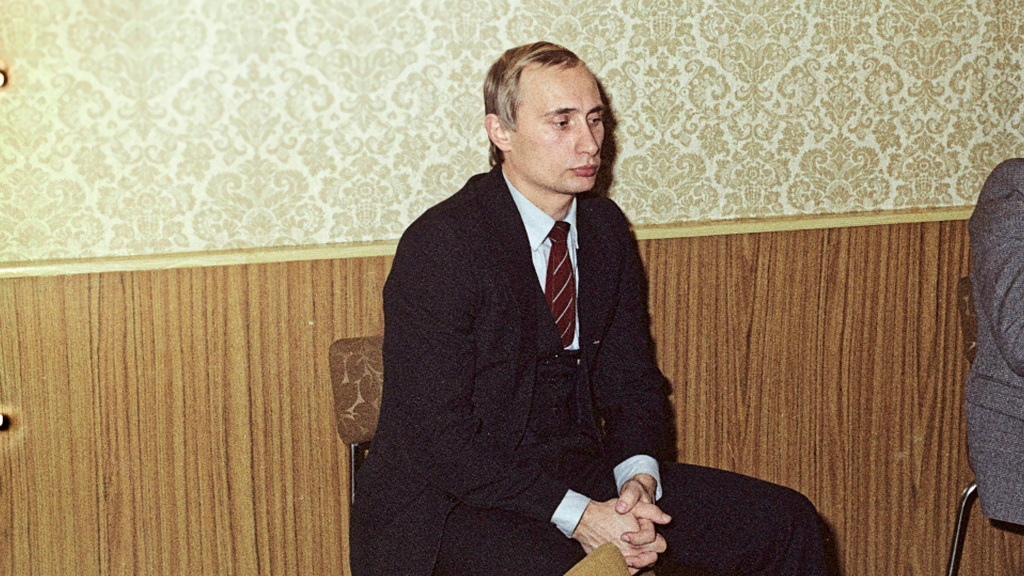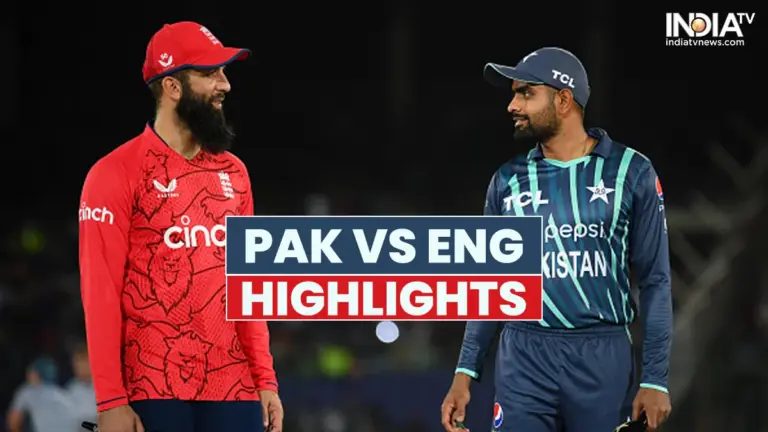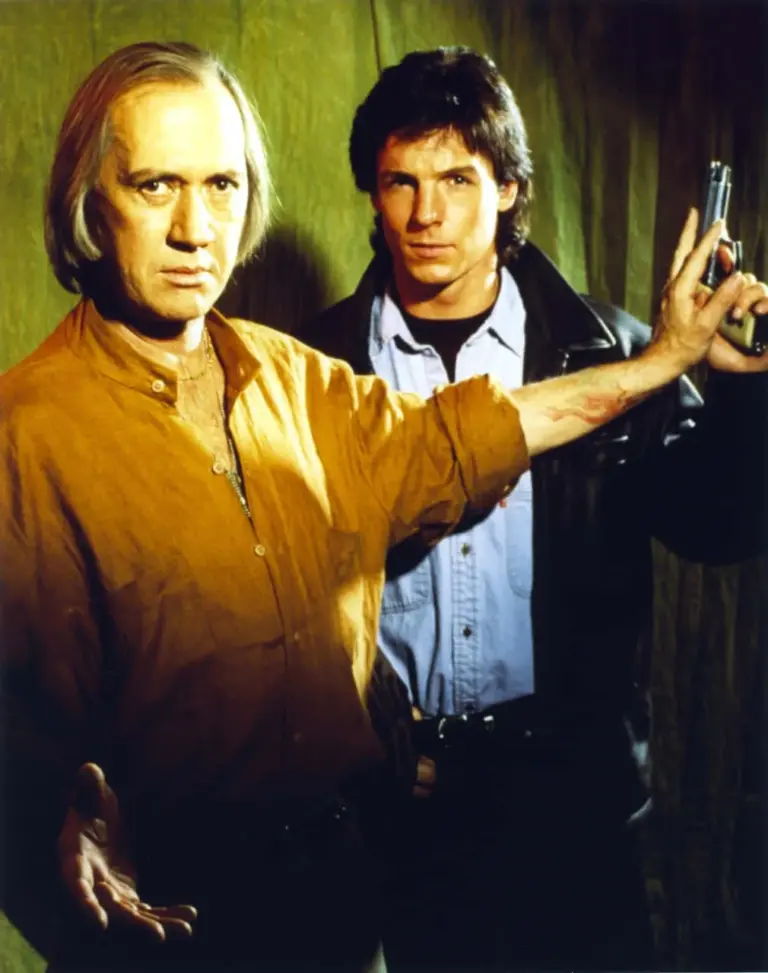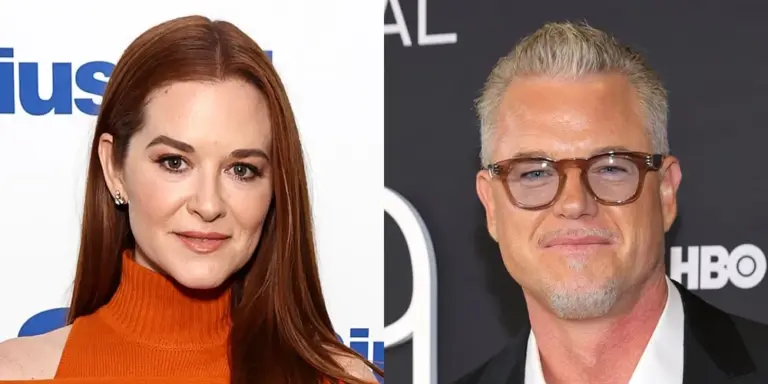
Introduction
Vladimir Putin, the President of Russia, continues to be a significant player in global politics, with actions and policies that have far-reaching implications. As tensions rise between Russia and Western allies, understanding Putin’s strategies and their international relevance becomes increasingly essential for both political analysts and the general public.
Recent Developments
In October 2023, Putin announced an expansion of military cooperation with Belarus amidst ongoing geopolitical tensions in Eastern Europe. The announcement coincided with the increase in NATO’s presence on Russia’s borders, raising concerns about potential escalations in military conflict. Analysts suggest that this could lead to a new chapter in the long-standing East-West standoff, reminiscent of Cold War dynamics.
Furthermore, Putin’s focus on energy resources and their exportation is a critical element of Russia’s foreign policy. As Europe seeks alternatives to Russian gas, the Kremlin has been looking towards Asia to solidify its energy partnerships, particularly with China and India. This shift not only emphasizes Russia’s strategic pivot but also raises questions regarding energy security for Europe, especially in light of recent sanctions.
Impact on Global Affairs
The ongoing conflict in Ukraine remains a focal point of Putin’s international relations strategy. Despite increased sanctions from the West, Putin has shown resilience in maintaining his political base and military operations. Analysts estimate that Russia’s economy is adapting to the sanctions but at the cost of increased isolation from the global economy.
In addition to military interventions, Putin’s influence extends to disinformation campaigns and cyber warfare, which have been evident in recent electoral processes in various countries. These methods have had significant impacts on democracy and political stability in several Western nations, illustrating the multifaceted approach Putin employs in expediting his geopolitical agenda.
Conclusion
In conclusion, Vladimir Putin’s actions and policies remain pivotal in shaping global politics as of October 2023. His military strategies, energy geopolitics, and information warfare tactics indicate a complex and ongoing challenge for Western nations. Moving forward, analysts will need to closely monitor developments to understand the implications for international security and diplomatic relations. As countries navigate this intricate landscape, the significance of Putin’s role cannot be understated in shaping both immediate and long-term global dynamics.



